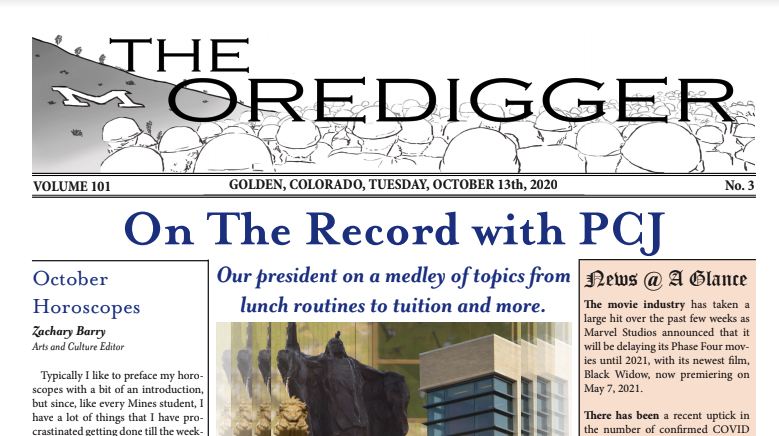The night sky is one of the most amazing sights to behold, and we on Earth have an advantage over all of our terrestrial neighbors. Many billions of years ago, a fateful encounter with another planetoid stripped the primordial Earth of most of its crust along with some of its mantle. It would have been a truly enthralling sight, provided you weren’t actually on earth.
Back to the present, we can still see the result of this impact as it orbits the Earth. This natural satellite is, of course, the Moon. Since the days of antiquity, the Moon has fascinated humanity to the point that on July 20, 1969, we finally took our first steps on our nearest celestial body. Since this majestic body completes one full visible orbit of the Earth every 29.5 days, it can be used for astronomers to plan out the best star gazing nights (preferentially when the Moon is new so that there is no light obstruction in the sky).
At least for this time, instead of shunning the Moon, we will enjoy it as it approaches its fullest around the September 22. If you look closely (and it is not hard) you will notice darker spots across the surface. These spots are the resultant of gigantic impacts that peppered the surface of the Moon during the period of heavy bombardment within the solar system. After the crust was weakened, lava filled them in, creating the darker material that we see today. Most of the Apollo landings took place on or nearby to these bodies. Of course, the most significant was when Apollo 11 landed in Mare Tranquillitatis (Sea of Tranquility), which you can see to the right side of the Moon along the equator.
As more of a tool to astronomers, the Moon follows the same path across the sky as the other planets, so if you get used to its path you can generally find the other planets easily. If you would like to get a great chance to see this ethereal body, the Astronomy club is planning on a star party this upcoming weekend. For more information contact Chris Pederson at cpederso@mines.edu.
Peace and may the stars shine brightly in your sky!



'The stars shine brightly above Mines, part 3' has no comments
Be the first to comment this post!